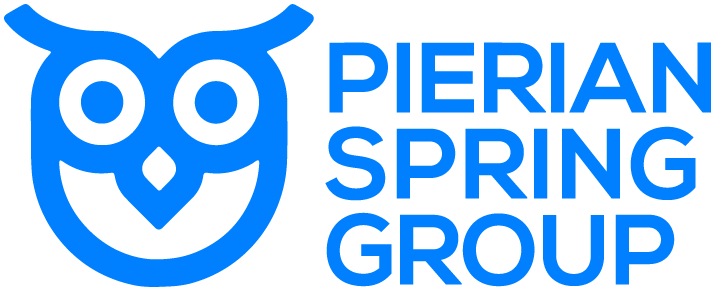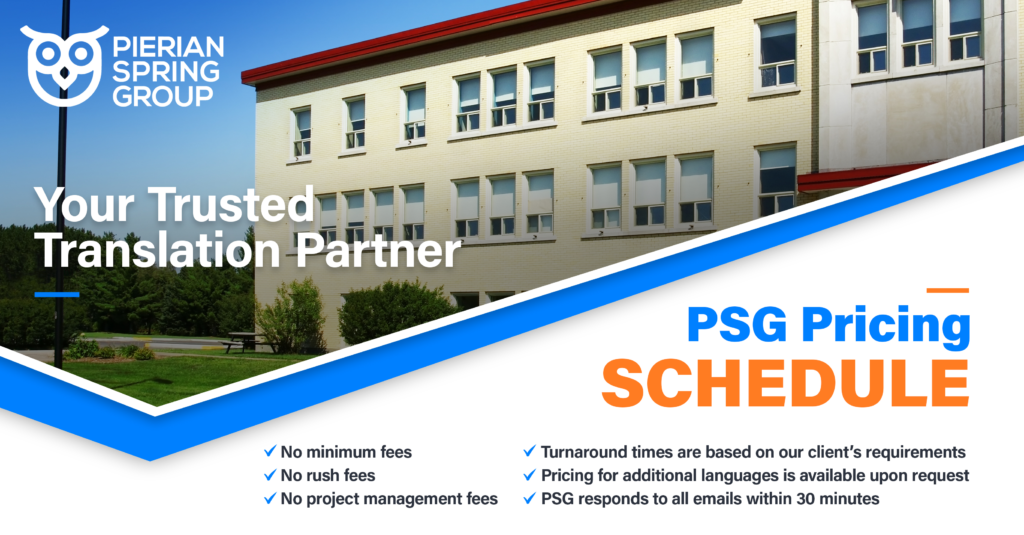Superintendents in today’s age are tasked with solving several challenges...
Read MoreIEP or 504: Understanding the Difference

by: Jim Maziejka

A student has been found eligible for a 504 Plan but how does that differ from an IEP? This is a common area of confusion for parents. Should a teacher, therapist or medical provider suspect a disability, a parent/guardian can request their child be evaluated by the school for special education services. If the child was not found eligible, the student may qualify for a 504. The school is still required to provide FAPE (Free and Appropriate Public Education) to the child – with a few differences.
What’s The Difference Between an IEP vs 504?
While both Individualized Education Programs (IEPs) and 504 Plans provide student’s with specific accommodations, an IEP is a plan for special education at school to meet a child’s unique needs, while a 504 is a plan for how the school will provide support and remove barriers for a student with a disability to learn alongside their classmates.
The Individualized Education Program (IEP)
To qualify for an IEP, there are two requirements the student must meet under the IDEA (Individuals with Disabilities Education Act); The student must have one or more of the thirteen disabilities specified in the IDEA and the disability must impact the student’s ability to learn and benefit from the schools education curriculum.
If the child is found eligible for special education, an IEP is developed by the special education staff and sent to the parents/guardians for approval.
An IEP is a written, legal document reviewed annually that identifies a child’s unique and individualized needs. The IEP identifies goals based on these needs that inform the type and frequency of services (speech and language, occupational, transportation, extended time, etc).
It is important to know that services will not begin until the parents/guardians responds in writing – either accepting the IEP in full or partial acceptance or declining services. The signed IEP is due back to the school (30) thirty school days from receiving notification.
Occasionally, areas of disagreement may pertain to the specific level of services – particularly if the recommended services were advised by a third party. When common ground cannot be achieved, the school district may perform an outside evaluation, called an Independent Educational Evaluation (IEE). Should the parents/guardians disagree with the treatment program, the IEP allows families to dispute the plan. A resolution option may be mediation; a due process hearing or a complaint to the state education department or seeking advocacy through the Office of Civil Rights.

504 Plan
A 504 Plan is a plan, defined in Section 504 of the Rehabilitation Act of 1973, that enables a student to successfully access the curriculum through specific accommodations and/or related services. To qualify for a 504 Plan, the student must have a disability that which substantially limits one or more major life activities and the disability limits the student’s capacity to learn in a general education setting.
The 504 process is less formal than the IEP process. The 504 program team is not as strictly defined as with an IEP and while schools typically include parents in the process, parental inclusion is not required with a 504. Documenting the 504 in writing is also not required.
Should parents/guardians not agree with the plan, they do not have the right to an IEE. The options for dispute resolution are very similar to that of an IEP – mediation; a due process hearing or a complaint to the state education department or seeking advocacy through the Office of Civil Rights.
Closing Out:
504 Plans vs Individualized Education Plans
Whether a student has been found eligible for a 504 or IEP, it is most important that the students’ needs are appropriately addressed and they are receiving a FAPE (Free and Appropriate Public Education).
Translation services for IEPs and 504 Plans are critical for child development for English Language Learners (ELL) that are identified for special education. At Pierian Spring Group, we provide education translation services for K-12 schools so teachers, staff, students and their families can communicate with each other.
More Translation Insights
Why Public Schools Should Translate Robocalls
Robocalls are automated telephone calls that deliver pre-recorded messages to...
Read MoreIEPs for English Language Learners
IEPs are an important aspect of a student’s growth and...
Read More




